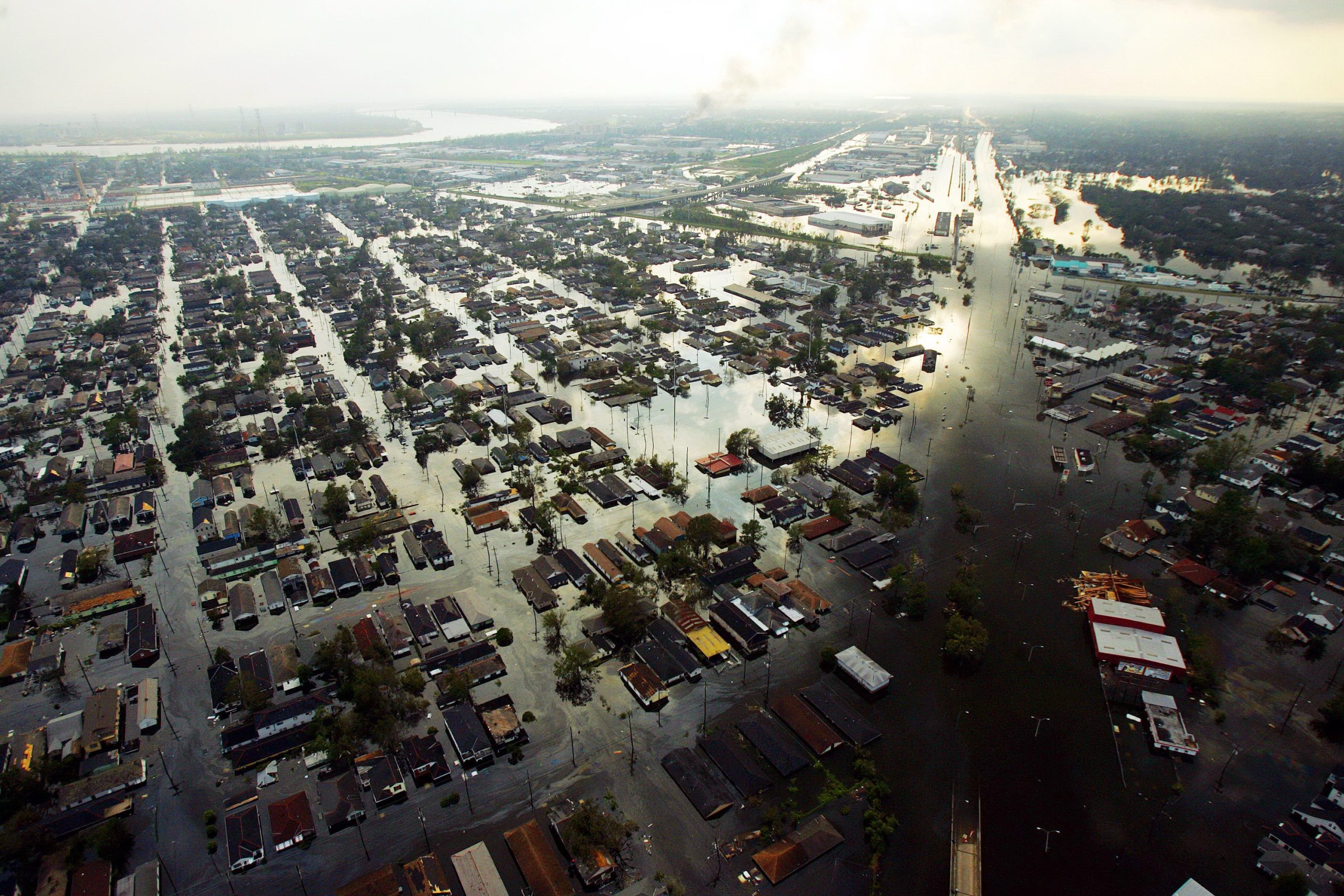Anderson Statement on the 19th Anniversary of Hurricane Katrina
Nineteen years ago, as a high school senior in Baton Rouge, I watched in horror as Hurricane Katrina ripped through our state, leaving a path of unimaginable destruction in its wake. The storm was not just a natural disaster—it was a stark revelation of the deep-seated inequities that had long plagued Louisiana, particularly for Black communities. The images of families stranded on rooftops, waiting for help that was far too slow to arrive, are forever etched in my memory.
Katrina exposed a painful truth: that the most vulnerable among us are often an afterthought in times of crisis. The storm laid bare the systemic racism and neglect that had long been the reality for many Black folks in Louisiana. Entire neighborhoods were wiped out, families were displaced, and the social fabric of our communities was torn apart. The effects of Katrina linger to this day—seen in the ongoing struggles with housing, economic recovery, and access to basic services.
But Katrina also taught us the importance of leadership that is unapologetic in its advocacy for those who are most vulnerable. We’ve seen what happens when our communities are overlooked or deprioritized—people suffer, and lives are lost. That is why it is so crucial to have leaders who understand these dynamics firsthand, who will fight tirelessly to ensure that every Louisianan, regardless of their zip code or skin color, is protected and valued.
As we remember the devastation of Hurricane Katrina, let us also remember the lessons it taught us about justice, equity, and the need for bold, compassionate leadership. We must continue to fight for a Louisiana where all people have the opportunity to thrive, and where no one is left behind in times of crisis. This anniversary is a solemn reminder of the work that still lies ahead, but it also reaffirms our commitment to building a more just and resilient state for all.

